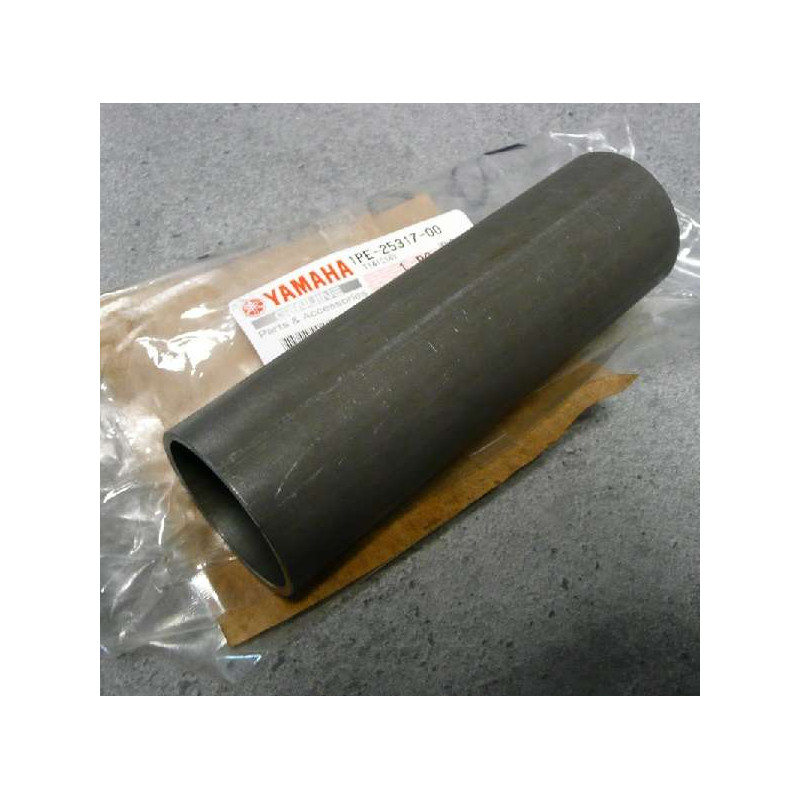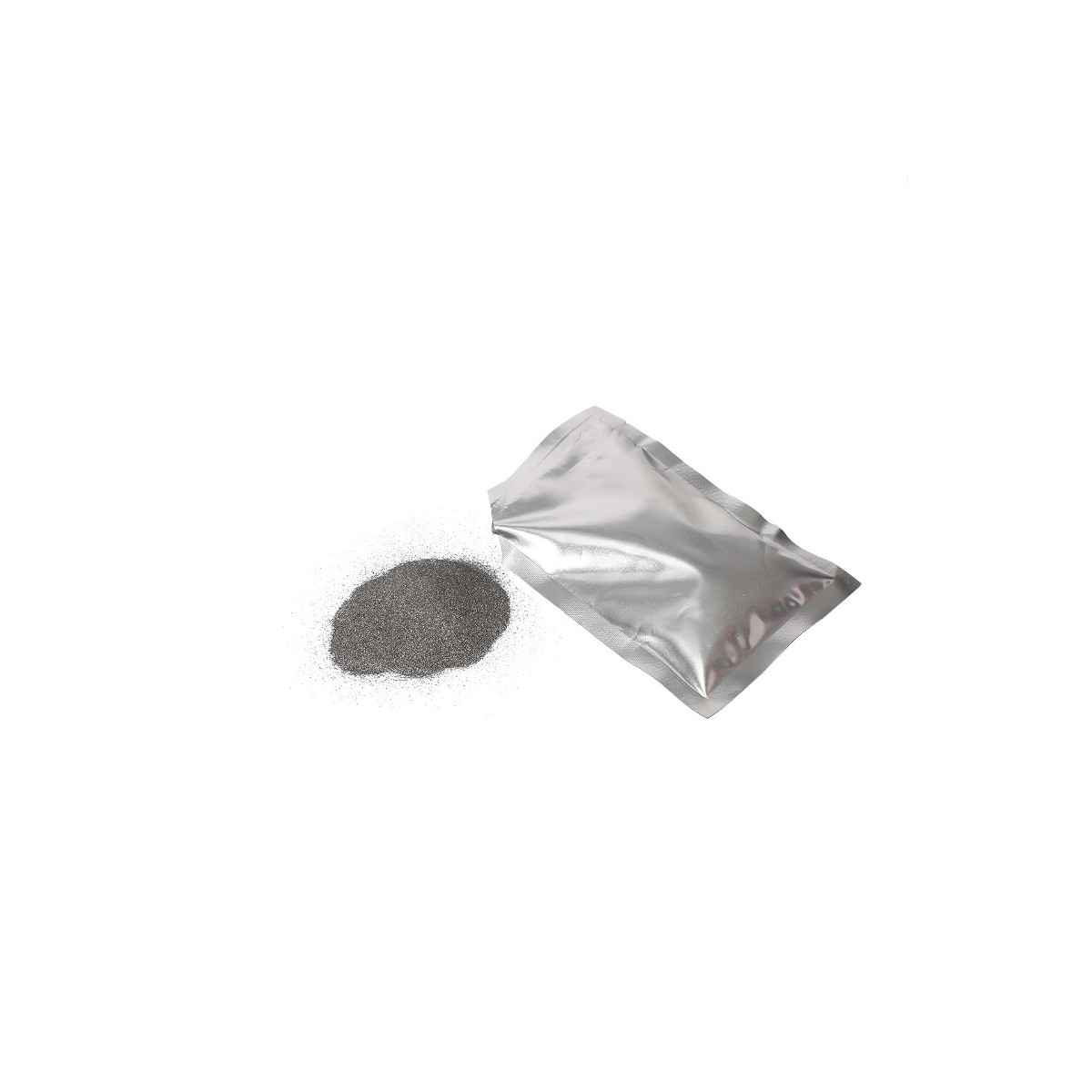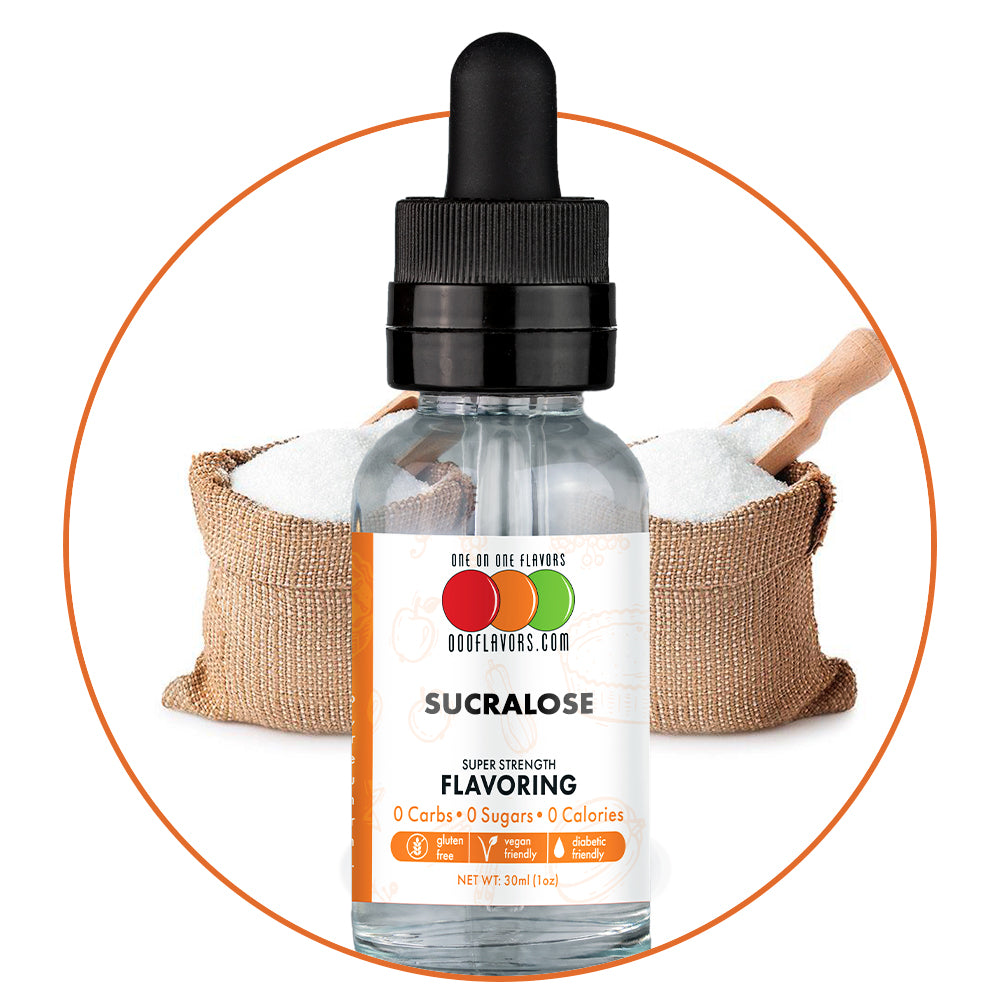Sucralose: Safety and Evidence
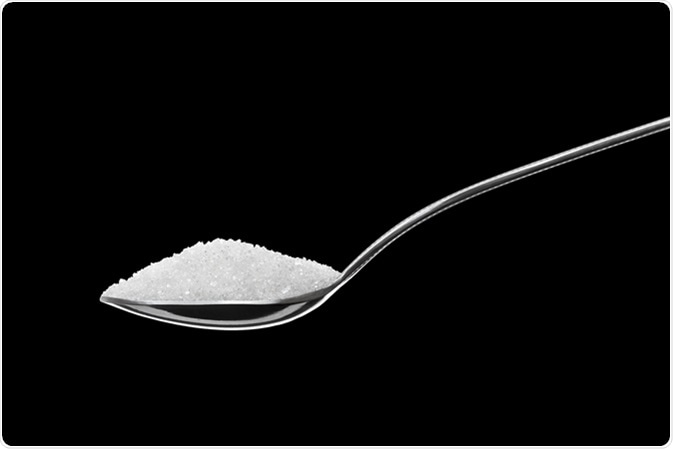
Sucralose is a zero-calorie chemically synthesized sweetener that is extracted from sucrose. Sucralose is 650 times sweeter compared with naturally extracted sugar. It is often used in a wide range of fizzy drinks, table-top sweeteners, salad dressings, baking mixes, breakfast cereals, and chewing gum due to its bitter-free aftertaste.
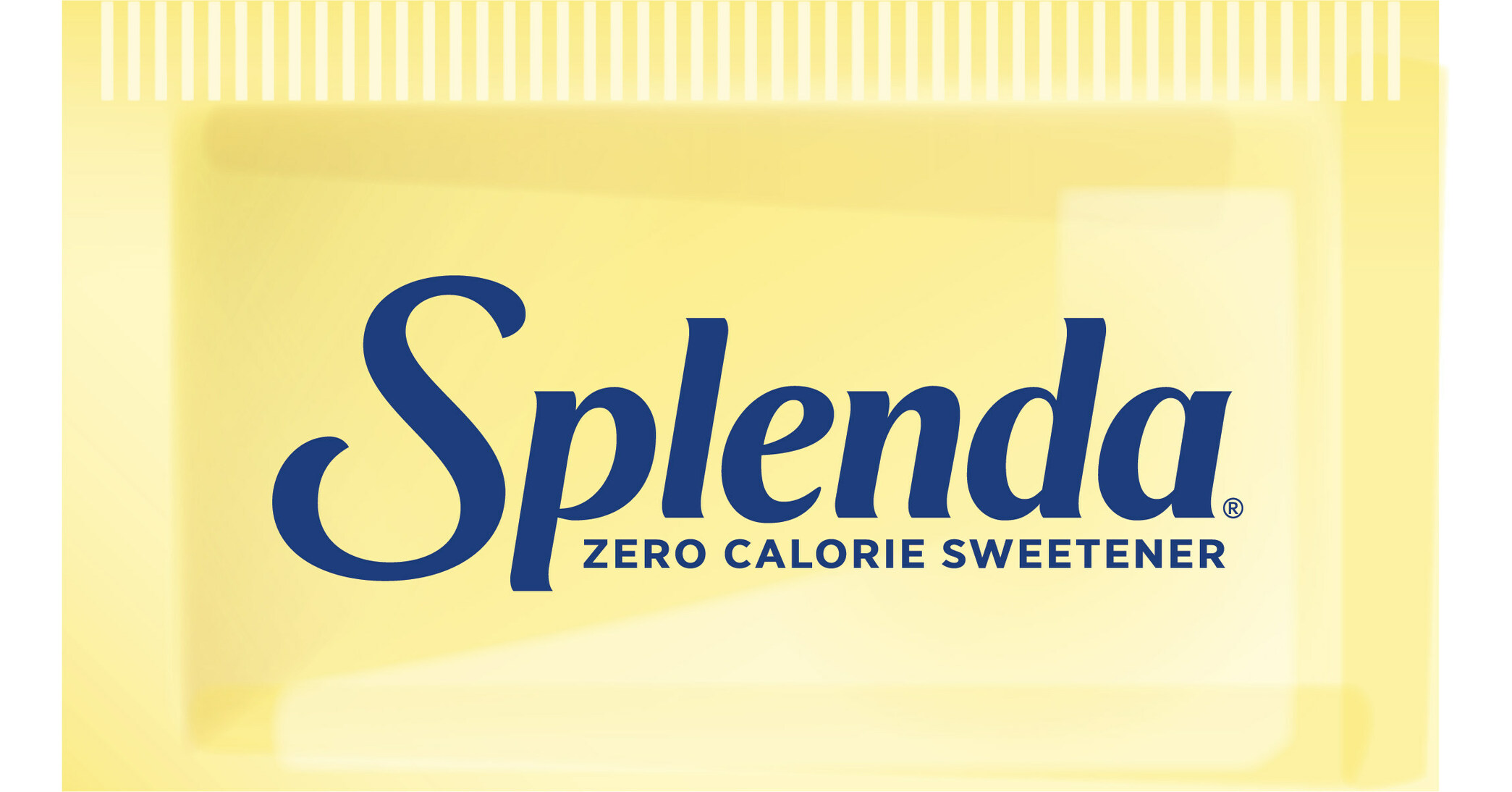
Splenda® CEO Responds to the World Health Organization (WHO) Guidance on Non-Sugar Sweeteners: Low- and No-Calorie Sweeteners Continue to be Proven Safe and Effective for Reducing Sugar, Weight Loss and Managing Non-Communicable

Lack of potential carcinogenicity for sucralose – Systematic evaluation and integration of mechanistic data into the totality of the evidence - ScienceDirect

Splenda not so splendid.

Compound Interest: Undeserved Reputation? Aspartame, The Artificial Sweetener
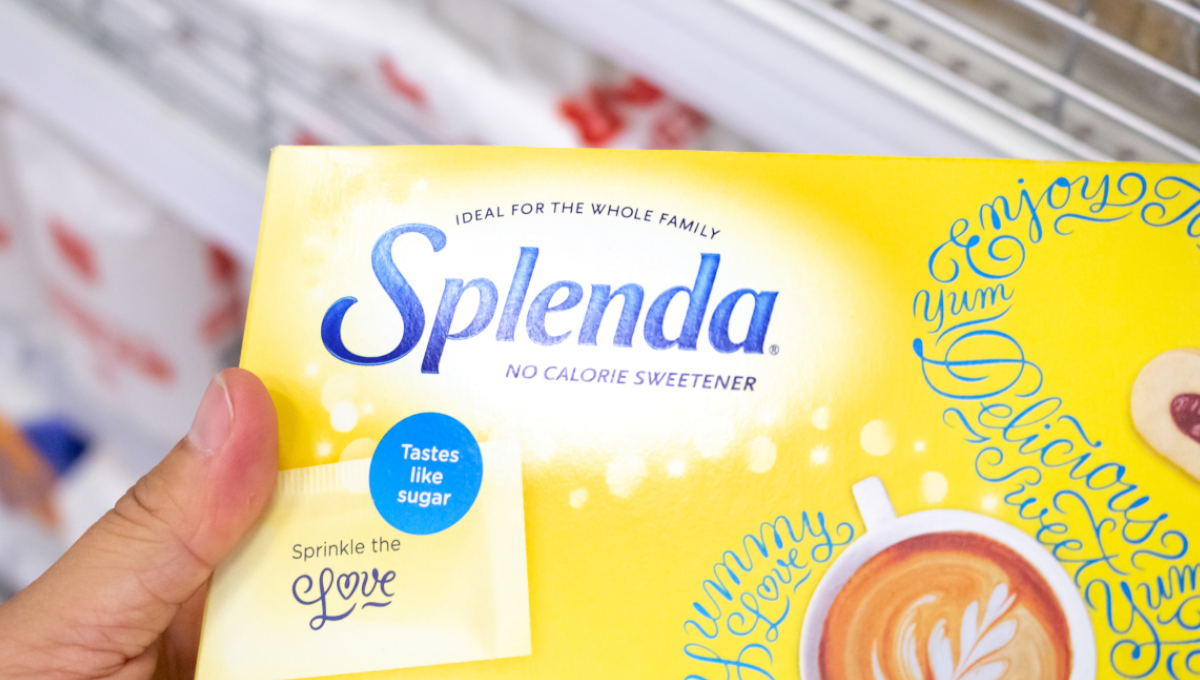
New study raises concerns about safety of commonly used artificial sweetener
The effect of sucralose on digestive, cardiovascular and metabolic
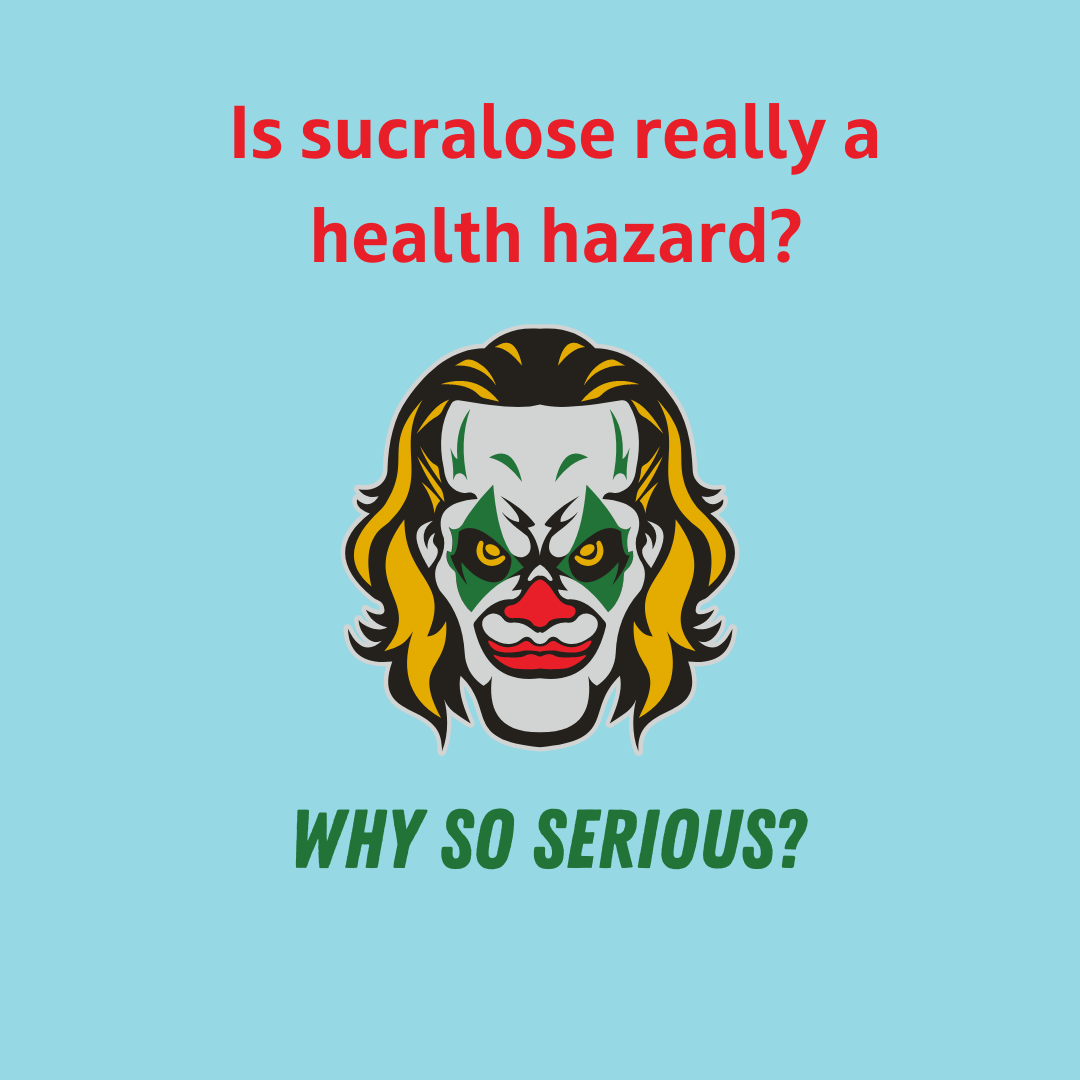
What's the Real Deal with Sucralose Risk? - Rust Nutrition Services – Chew The Facts®

World Health Organization Warns Against Using Artificial Sweeteners - The New York Times
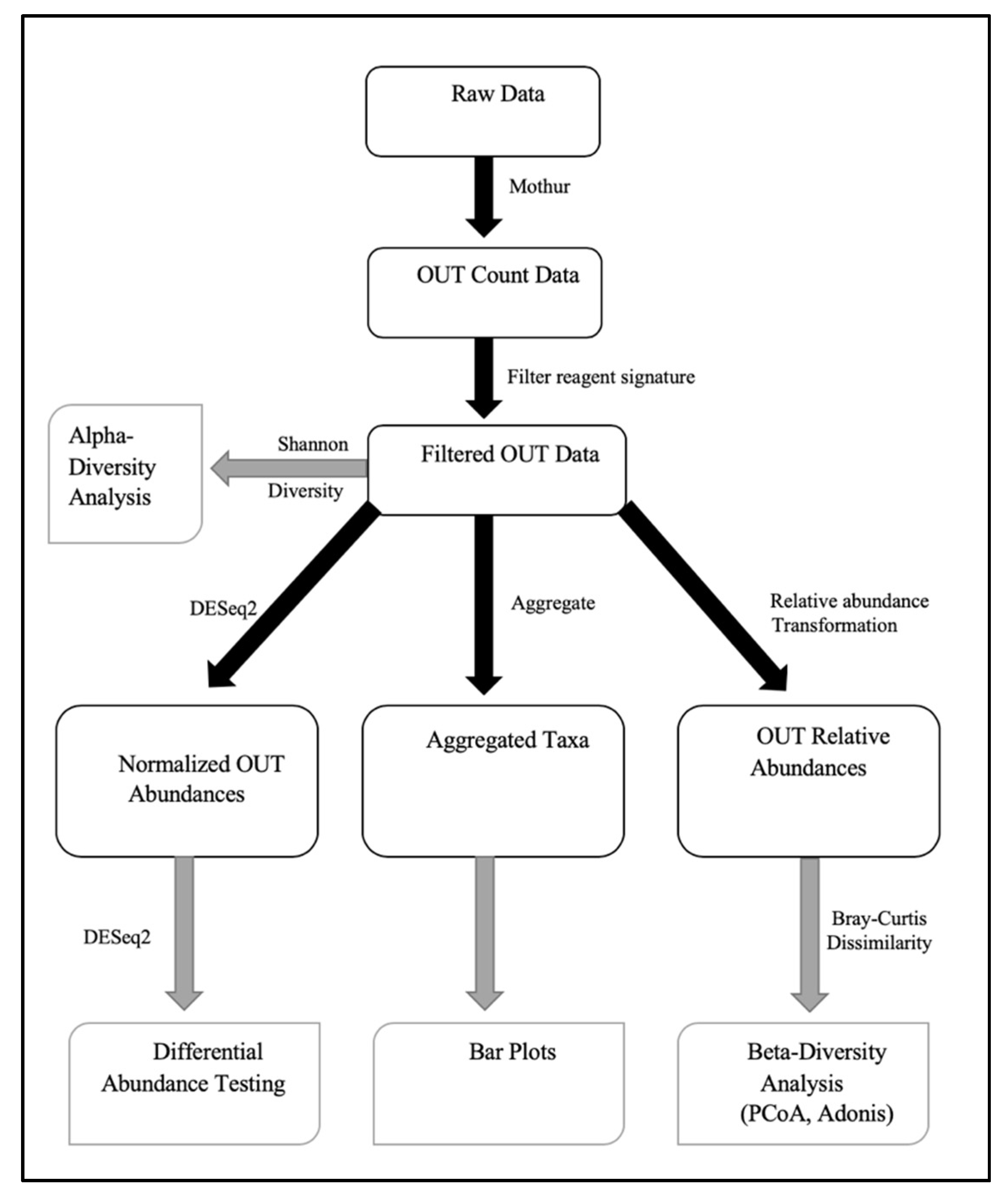
Nutrients, Free Full-Text

Sucralose and DNA Damage: The Truth - T Nation Content - COMMUNITY - T NATION
What evidence is there that Sucralose (Splenda) is or isn't healthy? - Quora

Is Sucralose Safe? - UXO Supplements

Are Sugar Substitutes Safe For Your Gut?
